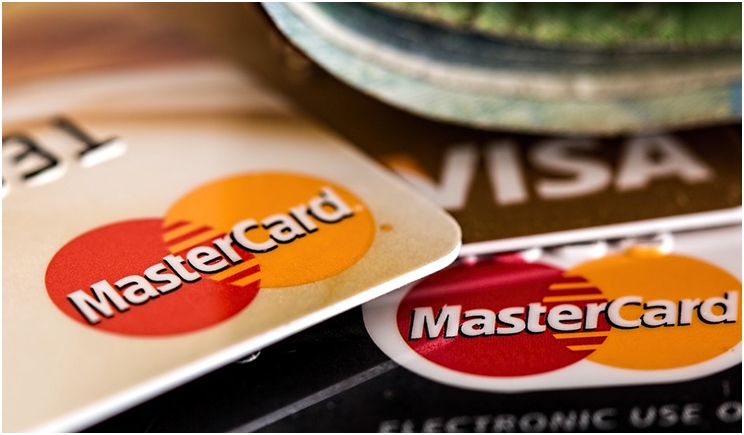
Many of us have a preferred credit card in our wallet—the one we reach for first to swipe at checkout or shop online. We use it to pay for just about everything to accumulate points, earn rewards, and build our credit scores.
This is fine for personal purchases. But I hope you’re not also using your favorite card to cover your dental practice expenses, not only for the sake of your credit score, but for simplifying taxes and accounting as well.
For big-ticket expenses like equipment, technology, staff salaries, or expansion, you likely tap into a business line of credit or working capital loan to cover the costs. The lines may get a little blurry when it comes to covering smaller or daily expenses like driving to or between offices, buying employee meals at a tradeshow, or paying lab bills. It may be convenient simply to pay with that favorite credit card, but it’s not the best approach.
You would be surprised by how many professionals do this—dentists and other small business owners alike. But this practice can cause issues and annoyances for both your business finances and personal finances.
It Can Negatively Impact Your Personal Credit Profile
To some, using a personal card more often may feel like a favorable way to build credit, but this is not always the case.
It doesn’t matter if you have a perfect credit history. Charging a business expense to your personal credit card will only draw you closer to your borrowing limit, leaving you with little room for personal expenses or emergencies.
Continually using a personal card for business charges will also have you maintaining a higher credit balance and further reducing your available credit ratio, a primary factor in determining your credit score.
You Won’t Be Building Business Credit
Like an individual, your practice has its own credit profile and score. Oftentimes, this business credit score is just as important as a personal one when seeking financing for your practice.
Putting any business expenses on your personal card will hinder your ability to build business credit for your practice (because you’re not doing it by using a personal card), making it more difficult to attain a loan for your practice in the future.
To build business credit for your practice, consider a business credit card.
It’s An Accounting Nightmare.
Using a personal credit card to cover both personal and business expenses can set your accounting team up for a potential, yet avoidable, headache.
When tax season comes around, you’ll need to deduct your business expenses. By charging both business and personal payments to your personal credit card, it’s going to be more difficult and time-consuming to go through and separate what may and may not be deductible.
And vice versa. When using a business credit card, don’t make personal charges. By keeping these two accounts separate, it will simplify the lives of both you and whoever is in charge of your practice’s bookkeeping, allowing for a clear perspective of your spending on the business side.
You May Be Missing Out on Perks that Benefit Your Business
Your personal credit card probably rewards you for consumer purchases, incentivizing things like paying at the grocery store or eating out at a restaurant. But many business cards offer rewards and perks that align with your business spending. Think about your everyday operational purchases and the targeted rewards you may be missing.
The road to financial discipline is paved by both practice and persistence. So next time if it may seem more convenient to cover a business cost with your personal card, pause. Being proactive and keeping these two cards separate can set you and your practice up for continued financial success.
Mr. Gruebele is senior vice president at Bankers Healthcare Group, the leading provider of financial solutions for healthcare professionals. Contact him directly at kgruebele@bhg-inc.com or visit the BHG website at bankershealthcaregroup.com.
Related Articles
The Costs of Starting a Private Dental Practice
Proactively Promote Preventive Care for Patients
Evolve or Become Extinct: Smart Equipment Investments Can Improve Your Practice











